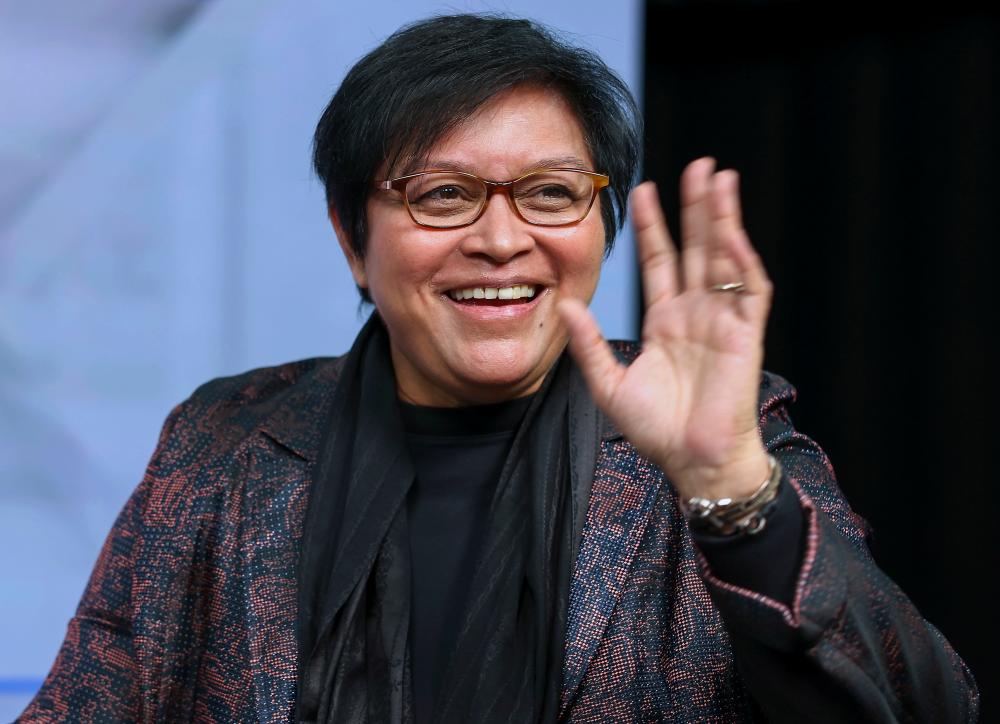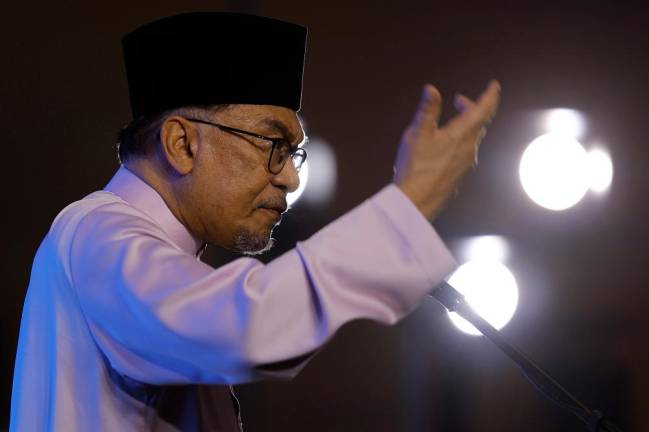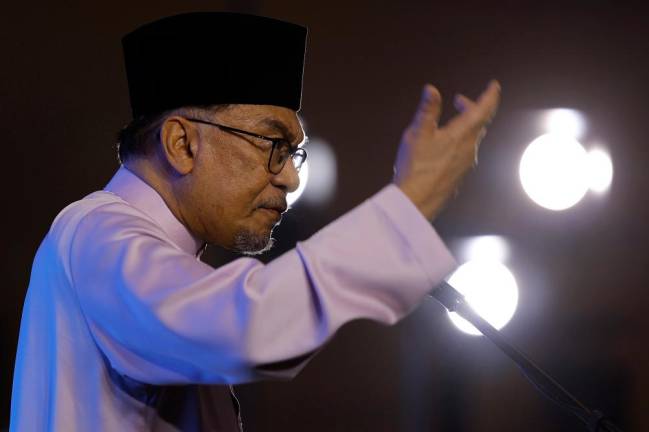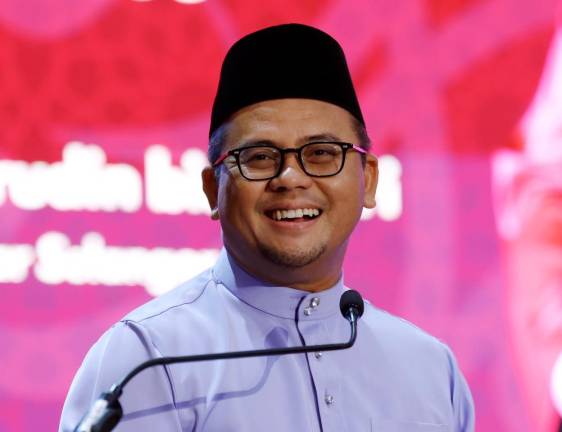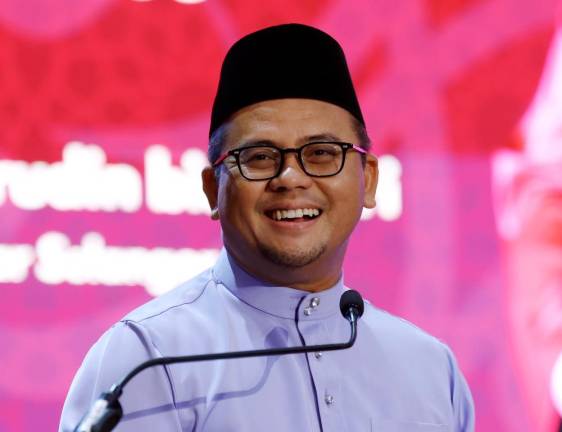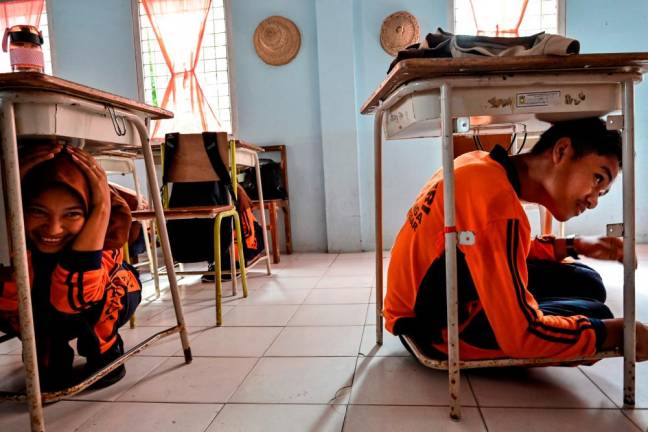PUTRAJAYA: The separation of powers between the Attorney General and Public Prosecutor will be implemented gradually over a two-year span utilising empirical studies conducted in three countries: Canada, Australia, and the United Kingdom.
Minister in the Prime Minister’s Department (Law and Institutional Reform) Datuk Seri Azalina Othman Said (pix) announced that the Cabinet approved the studies on Jan 31, with the inaugural empirical study set to take place in Canada in May of this year.
The study will involve meetings with the Minister of Justice and Attorney General of Canada, Arif Virani, the Special Select Committee, and Canada’s director of Public Prosecutions.
Additionally, a Round Table Discussion is expected to be held at the University of Ottawa in collaboration with University of Malaya’s Faculty of Law, and other relevant legal experts.
“The discussions in Canada will focus on detailed empirical studies and obtaining direct evidence regarding the best practices in the separation model,“ she said in a statement today.
She stated that the empirical study’s scope includes various aspects, such as safeguarding the integrity of the institution regarding the appointment and removal of the Public Prosecutor.
It addresses accountability, specifically the necessity of reporting to an oversight body as a mechanism for checks and balances.
Additional aspects encompass the degree of interference by the Attorney General in establishing criminal justice policies and the authority to terminate prosecutions initiated by the Public Prosecutor.
It also examines the service and organisational structures, as well as the operations of the Prosecutor’s Office abroad.
“The implementation of this study demonstrates that the MADANI government remains committed to an institutional reform agenda that will ensure enhanced democratic governance in line with good administration, legal systems, and governance,“ she emphasised.
Azalina announced that the study would be overseen by two committees: the Comparative Study Committee and the Technical Committee.
The Comparative Study Committee comprises the Chair of the Special Select Committee on Human Rights, Elections, and Institutional Reform, as well as a representative from both the government and opposition blocs in the Dewan Rakyat, and representatives from central agencies like the Ministry of Finance and the Public Service Department, she added.
She said the Legal Affairs Division and the Attorney General’s Department would jointly serve as the secretariat for both committees.
“Both committees will ensure comprehensive execution of this empirical study, considering the implementation of separation in other countries, as well as the perspectives of stakeholders within the nation,“ she said. -Bernama



